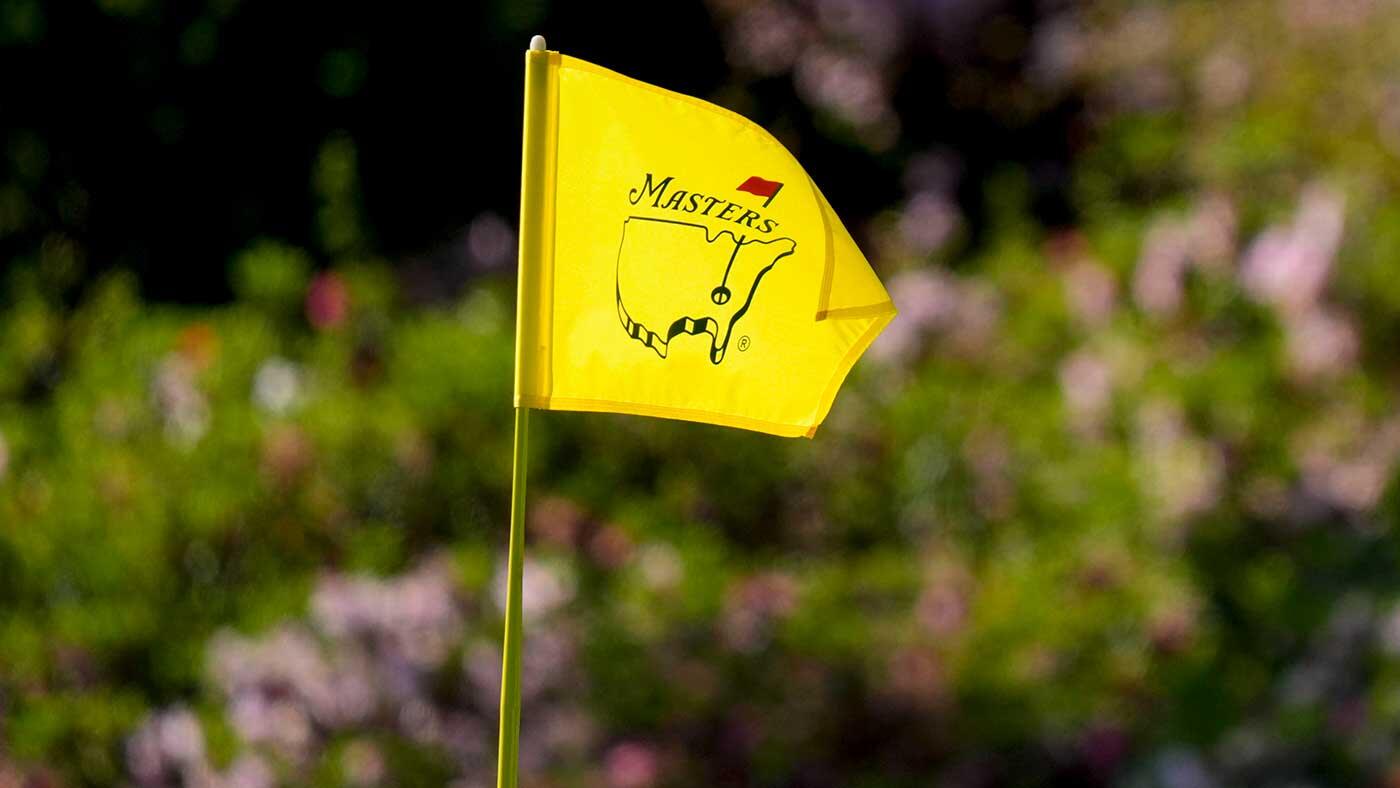
Further details surrounding the illegal betting scandal that involved Italian footballers Sandro Tonali and Nicolo Fagioli have emerged on Friday, including a list of 13 players who remain under investigation, and snippets from the depositions that took place back in 2023.
Here is how the ‘betting ring’ worked, and who was involved.
How illegal betting works: Tonali and Fagioli example
Back in 2023, Tonali and Fagioli were given 10-month and seven-month bans respectively for their involvement in prohibited gambling practices, which involved betting on football matches.
According to La Gazzetta dello Sport, there were two names at the top of the structure of the so-called ‘betting ring’. They were Tommaso De Giacomo and Patrik Frizzera, who were responsible for coordinating players’ bets.
De Giacomo and Frizzera were responsible for creating accounts and managing the bets placed by the players involved in the scandal. La Gazzetta dello Sport reports that Tonali and Fagioli were dealt with by De Giacomo and Frizzera, while other players often spoke to Tonali and Fagioli.

The players used ‘illegal’ gambling sites such as Betsport22.com, Swapbet365.eu, Vipsport360.com and Texinho.com to bet on poker, blackjack and other casino games, but in some cases, also on sport, including football.
Details emerging on Friday reveal that there was an intermediary in the form of a jewellery store in Milan named Elysium, whose accounts were often used to manage payments. La Gazzetta dello Sport reports that over €1.5m in payments went through their accounts, which was later seized.
Debts were reportedly paid either by Revolut, Poste Pay or in transfers to the Elysium account.
Friday’s report claims that Fagioli’s credit card was kept in a safe at the Elysium store in Milan at one stage.
In terms of the actual payments, once a transfer had been made, the debtor would receive a copy of an invoice from Elysium, but there would, of course, be no actual jewellery delivered.
Tonali revealed during his deposition that there were two options to pay debts: One could either pay twice the value of an item – a watch for instance – and then receive it physically, or pay for the value of the item and receive nothing.





